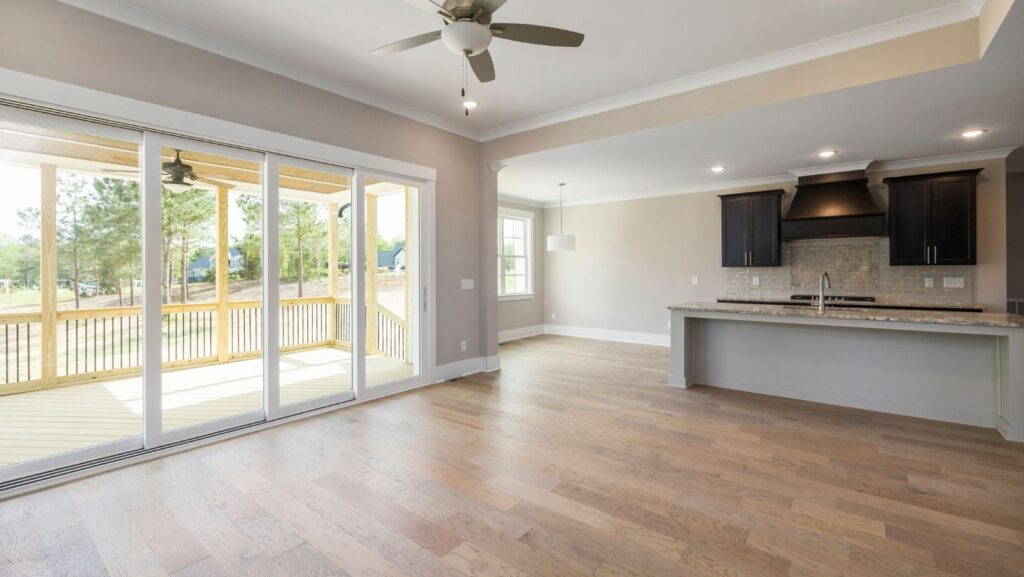
Upgrading a roof is a significant home improvement project that can protect your property, enhance its value, and improve energy efficiency. However, the process can seem daunting if you don’t know what to expect or how to prepare. We will explore practical guidance from roofing contractors that can help homeowners navigate a roof upgrade smoothly. Understanding the key steps and considerations before, during, and after the installation will reduce stress and ensure a successful outcome that lasts for years.
Essential Tips from Roofing Contractors for a Successful Roof Upgrade
- Plan and Choose the Right Timing
Scheduling a roof upgrade at the right time is crucial. Contractors at Endurance Roofing LLC often recommend planning the project during mild weather months to avoid delays caused by rain, snow, or extreme heat. Early spring or fall is ideal because materials are set properly, and workers can operate efficiently without weather disruptions. Homeowners should also consider their schedule, allowing some flexibility for unexpected delays. Starting the planning process early helps ensure all necessary permits are obtained and materials are available, reducing last-minute rushes or compromises on quality.
- Conduct a Thorough Roof Inspection Before Starting
Before replacing or upgrading the roof, a detailed inspection is necessary to assess the condition of the existing structure. Contractors advise homeowners to look beyond surface damage and consider underlying issues such as water damage, rotting wood, or ventilation problems. Identifying these problems beforehand allows for proper repair or reinforcement, preventing future complications. A thorough inspection will also guide decisions about materials and installation techniques best suited for the specific situation. Many contractors provide inspection services or recommend qualified inspectors to help homeowners understand the full scope of the work needed.
- Communicate Clearly With Your Roofing Contractor
Clear communication between homeowners and contractors is vital to the roofing project’s success. Discussing expectations, timelines, budget limits, and potential challenges upfront helps avoid misunderstandings later. Contractors suggest keeping a written record of all agreements, including the scope of work and payment schedule. Homeowners should feel comfortable asking questions about every aspect of the project, from the materials used to safety precautions taken on site. Regular updates during the installation process ensure that the project stays on track and any issues are addressed promptly.
- Prepare Your Property for Construction
Roof upgrades can create dust, debris, and noise that may disrupt your daily routine. Contractors recommend that homeowners protect their property and belongings before work begins. This includes moving outdoor furniture, covering plants and landscaping, and securing pets inside the home. Parking vehicles away from the house is also wise to avoid damage from falling debris or heavy equipment. Informing neighbors about the upcoming work shows consideration and helps maintain good relationships. These precautions can minimize stress and potential damage, making the construction period more manageable for everyone involved.
- Understand Material Options and Their Impact
Many roofing materials are available, each with its benefits and drawbacks. When choosing materials, contractors advise homeowners to consider factors like durability, appearance, cost, and maintenance requirements. Asphalt shingles, metal roofing, tile, and wood shakes have unique characteristics that affect the roof’s lifespan and performance. Understanding these differences allows homeowners to select the option that fits their budget and lifestyle while meeting local building codes. Discussing these options with the contractor ensures that the choice aligns with the overall goals of the roof upgrade.
- Pay Attention to Ventilation and Insulation
Proper ventilation and insulation are key components of a healthy roofing system, yet they are often overlooked. Contractors stress the importance of allowing airflow to prevent moisture buildup, which can lead to mold growth and structural damage. Adding or upgrading insulation during a roof replacement can improve energy efficiency by keeping the home warmer in winter and cooler in summer. Homeowners should discuss ventilation and insulation solutions with their contractor to ensure these elements are addressed during the upgrade. This can result in long-term savings on energy bills and extend the life of the roofing materials.
- Be Prepared for Unexpected Discoveries
During a roof upgrade, contractors sometimes encounter unforeseen issues like hidden water damage, pest infestations, or structural weaknesses. Homeowners should be mentally and financially prepared for these surprises, as they can impact the timeline and cost of the project. Contractors recommend setting aside a contingency budget to cover additional repairs if needed. Open communication about unexpected findings helps homeowners make informed decisions without unnecessary stress. Addressing problems promptly during the upgrade avoids costly fixes later and ensures the roof performs as intended.
- Ensure Proper Cleanup and Waste Disposal
A clean worksite benefits both the contractor and the homeowner. Contractors emphasize the importance of thorough cleanup after the roofing job is completed. Removing nails, debris, and leftover materials reduces the risk of injury and protects landscaping. Some roofing companies include cleanup services in their contract, while others may charge an additional fee. Homeowners should clarify this before the project begins. Proper disposal of old roofing materials also supports environmental responsibility, and many contractors recycle materials when possible. Ensuring this step is completed maintains the home’s curb appeal and safety.
Upgrading a roof involves many important steps and decisions that can influence the outcome and longevity of the project. Homeowners can prepare effectively by following practical advice from roofing contractors, avoiding common pitfalls, and ensuring their investment delivers lasting benefits. Understanding the process, communicating openly with professionals, and remaining attentive during and after installation are key to a smooth experience. Ultimately, a well-executed roof upgrade enhances a home’s safety, comfort, and value for years to come.












